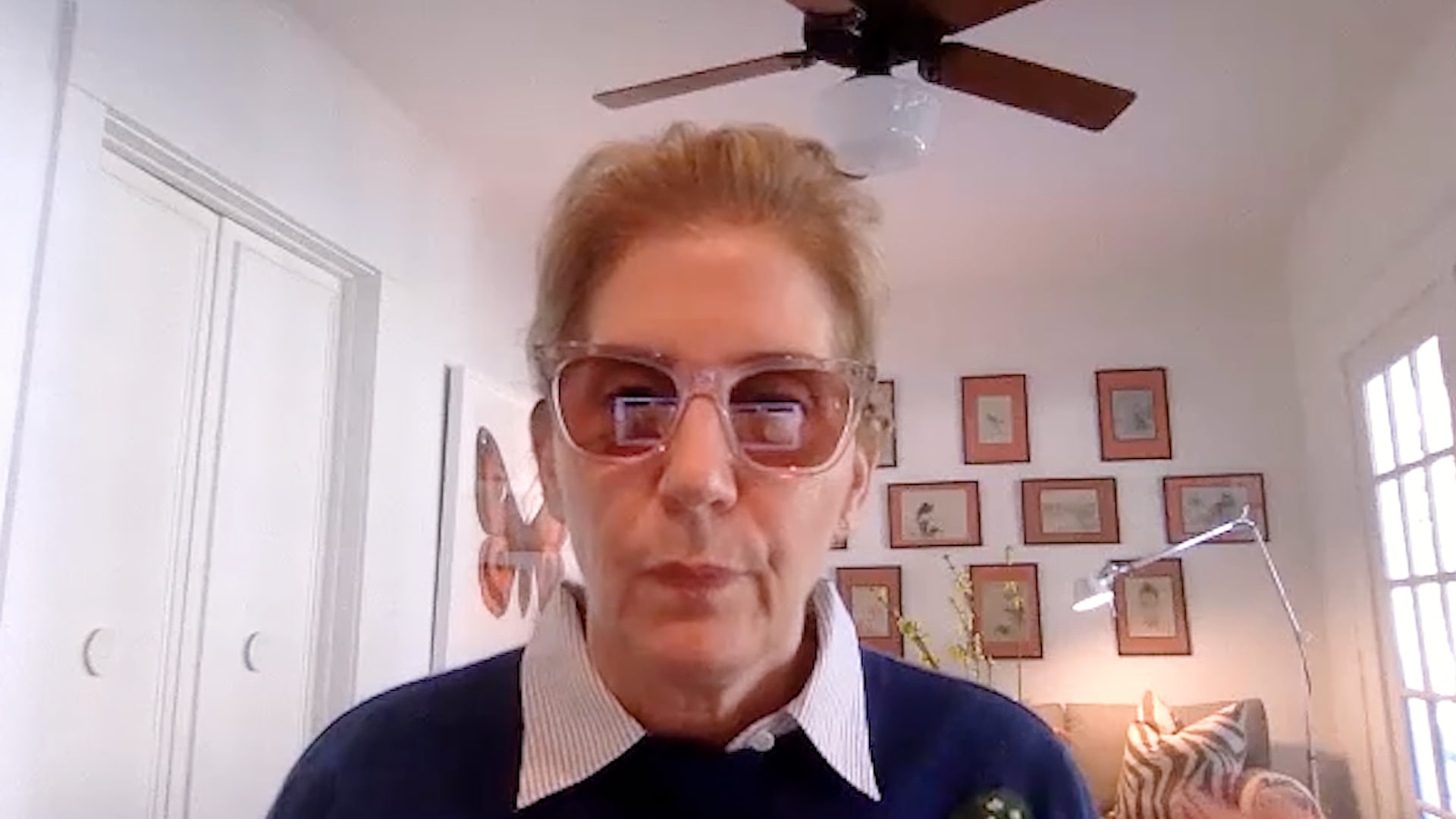
Advice to Enter Luxury
Former Chief Marketing Officer at Bottega Veneta, Kering
inpractise.com/articles/luxury-world-young-marketers-advice
Why is this interview interesting?
- The importance of working in various functions to build a holistic picture of the business
Lisa Pomerantz
Former Chief Marketing Officer at Bottega Veneta, Kering
Interview Transcript
What would be your advice to young marketers, today, given that you’ve experienced both types of businesses, in the luxury space? What would be your key lessons that you’ve learned, that you’d tell a 28-year-old Lisa, today?
I would tell them to try and get as much work experience as possible. I would really encourage them to work in all aspects of the business that they are interested in. If they’re interested in marketing in CPG, or they’re interested in marketing in luxury or hospitality, whatever it is. I would encourage them to consider working in all of the various departments, whether it’s in the product itself and the making of that product. It’s the selling out of that product. In fashion, it would be wholesale; you’re selling into the department stores. Working in retail, it means working on the sales floor and actually having engagement and experience with what it takes to be on the front line and sell to a customer who walks in the door, to run a store, to train your people.
The marketing piece, the consumer data, insights and analytics. I would work across as many of these different departments as possible, because it is all connected. If you really believe that the customer is in the center and if you are really building a customer-centric brand – this could be a restaurant, it could be a liquor label, it could be luxury – if you really want, today, to build a brand that is going to resonate and be successful, the first question is, what’s going on in the head of the customer and how can I present this idea? What does it look like, feel like, smell like, taste like?
I think the more experience you have, in these different expertise of a company, the more realistic your understanding is of the departments that you’re working with and your colleagues. If you’ve been there and you’ve had that experience, your expectation and your assumptions change, because you have a much better understanding of how the entire chain functions, from concept of a product through to, when you bring it to market, you engage with the customer and post-customer-experience engagement. I think that too many people, young professionals that I meet, are afraid to work across these different expertise, because they think that it, somehow, will create this idea, this perception of lack of focus or depth. But it’s all very related, if you are focusing on the customer first. That would be the biggest piece of advice.
Secondly, when you’re interviewing for a company, I would definitely want to understand, not just the function that you are interviewing for, but how is the organization structured? If you’re interviewing for a position within the marketing communications realm, what does that look like? Can they share an org chart? Can they walk you through reporting and how do these teams work, cross-functionally? Is it integrated? What’s the communication and sharing of data like, across the teams? Is it at the end of a quarter or is it in real time? All of these questions are perfectly valid and, hopefully, will quickly illuminate whether you are coming into an environment where you are set up to be successful, versus perhaps, a lot of banging your head against a brick wall. You may still decide it’s worth it, because it’s brand X, that you’ve dreamt of working for. I do think that it’s a really important question and I find very few of the professionals that I interviewed, really ever asked about it.
Copyright Notice
This document may not be reproduced, distributed, or transmitted in any form or by any means including resale of any part, unauthorised distribution to a third party or other electronic methods, without the prior written permission of IP 1 Ltd.
IP 1 Ltd, trading as In Practise (herein referred to as "IP") is a company registered in England and Wales and is not a registered investment advisor or broker-dealer, and is not licensed nor qualified to provide investment advice.
In Practise reserves all copyright, intellectual and other property rights in the Content. The information published in this transcript (“Content”) is for information purposes only and should not be used as the sole basis for making any investment decision. Information provided by IP is to be used as an educational tool and nothing in this Content shall be construed as an offer, recommendation or solicitation regarding any financial product, service or management of investments or securities.
© 2026 IP 1 Ltd. All rights reserved.


